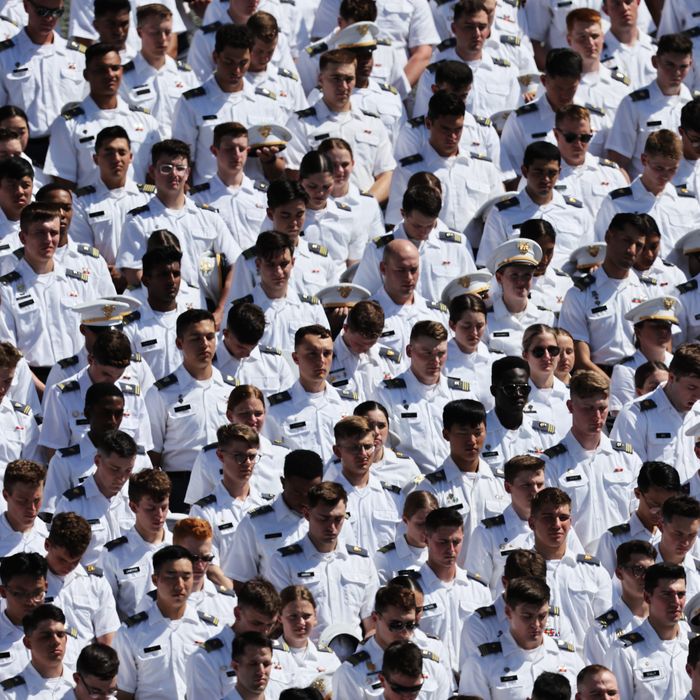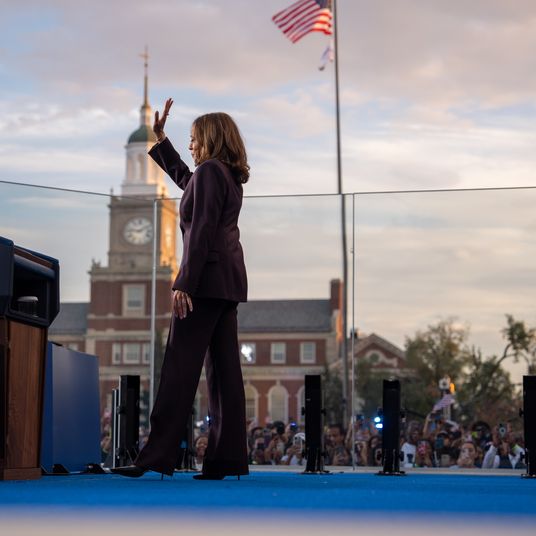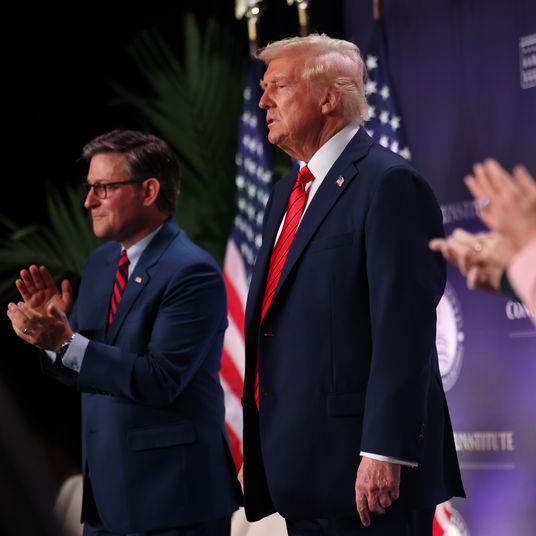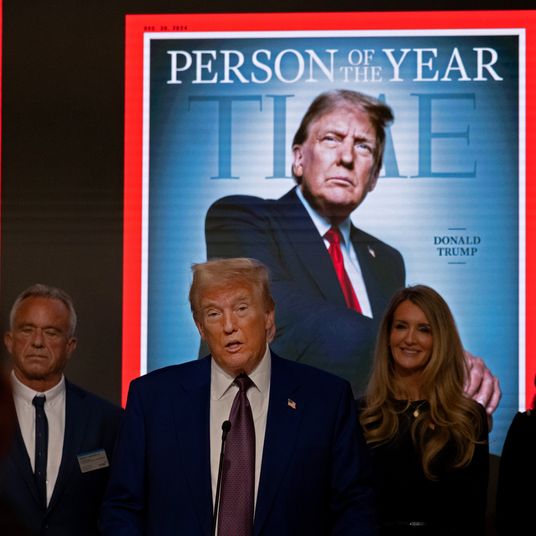
The Trump administration’s campaign to smash or disable various agencies of the federal government has barely begun, but a key part of the vandalism — the ugly, feverish war on diversity, equity, and inclusion — will certainly fail in the long run. Americans are too tolerant, too curious, too down-to-earth and ethical to institutionalize the gratuitous cruelty being promoted by the Trump team.
“Identity Months Dead at DoD” read a gleefully malicious memo signed by the newly installed secretary of Defense, Pete Hegseth. “Military Departments will not use official resources, to include man-hours, to host celebrations or events related to cultural awareness months, including National African American/Black History Month, Women’s History Month, Asian American and Pacific Islander Heritage Month, Pride Month, National Hispanic Heritage Month, National Disability Employment Awareness Month, and National American Indian Heritage Month.”
A few days after the “Identity Months Dead” memo, the commandant of the U.S. Military Academy at West Point informed its cadets in a memo that a dozen affinity groups, including the Society of Women Engineers and the Latin Culture Club, would be permanently disbanded. The memo ordered all such groups to “unpublish, deactivate, archive, or otherwise remove all public facing content.”
And lest there be any doubt about who was being targeted, says State Senator James Skoufis, whose district includes West Point, the ban knocked out the Vietnamese-American Cadet Association and the Native American Heritage Forum, but does not apply to the German Club, the French Forum, or the Polish Club. “Can you spot the difference?” Skoufis tweeted.
Hegseth’s dismissive explanation of his anti-DEI edict reads like something written by, and addressed to, that angry co-worker in many offices who rolls their eyes and bristles when asked to sit through diversity sessions that explain other cultures, languages, and ways of life.
“Efforts to divide the force — to put one group ahead of another — erode camaraderie and threaten mission execution,” says Hegseth’s official explanation.
It’s a breathtakingly stupid move, doomed to failure.
Our all-volunteer armed forces — where recruitment is harder than ever — is increasingly diverse. According to the Department of Defense’s 2022 demographic survey, more than 31 percent of the nation’s active-duty personnel and more than 27 percent of our reserves self-identify as members of a racial minority group.
“In five years, most recruitable adults will be people of color. But will they — and their families — have service experiences that support their success?” Kathy Roth-Douquet, the CEO of Blue Star Families, an association of military families, asked in an op-ed. “About a quarter of service members are in a mixed-race family. When we think about the future strength and readiness of our military, we cannot withhold policies that ensure our forces can operate as a diverse, cohesive team.”
Far from dismantling diversity initiatives, the Pentagon should be expanding them. “In 2022 and 2023, the Army missed its recruitment goal by nearly twenty-five per cent — about fifteen thousand troops a year. It hit the mark last year, but only by reducing the target by more than ten thousand,” writes Dexter Filkins in The New Yorker. “Some experts worry that, if the country went to war, many reserve units might be unable to deploy. A U.S. official who works on these issues put it simply: ‘We can’t get enough people.’”
Even the current conservative majority of the U.S. Supreme Court, in the same decision that struck down traditional forms of affirmative action in university admissions, explicitly carved out an exception for West Point, Annapolis, and other military academies.
But the hard needs of national defense are running headlong into the core Trumpian political project of stoking racial grievance. This is the administration that just gave a position as acting under secretary of State for public diplomacy and public affairs — a job that includes shaping America’s messaging abroad — to Darren Beattie, a former speechwriter fired in 2018 after giving remarks at a conference attended by white nationalists.
Last October, in the closing weeks of the presidential campaign, Beattie took to social media to opine that “competent white men must be in charge if you want things to work. Unfortunately, our entire national ideology is predicated on coddling the feelings of women and minorities and demoralizing competent white men.”
Beattie-style bigotry, which has always found a home in the Trump movement, is too raunchy, backward, and self-defeating to become the mainstream view of America. And it would be a suicidal weakening of our national defense.
In an earlier generation, at the height of World War II, Pentagon leaders published a missive to officers called the “Guide to Command of Negro Naval Personnel” that tersely reminded officers that “in modern total warfare any avoidable waste of manpower can only be viewed as material aid to the enemy” and that “restriction, because of racial theories, of the contribution of any individual to the war effort is a serious waste of human resources.”
Of more recent memory are those fraught days following the 9/11 terrorist attacks, when the Pentagon put out somewhat plaintive calls for Arabic-speaking volunteers, acknowledging that it had only 4,000 people — out of 1.4 million in the military at the time — with any degree of proficiency in Middle Eastern languages.
Hegseth should be reminded of his wise predecessors who recruited and deployed soldiers from 14 Native nations as “code talkers” who passed critical strategic messages during battles using Navajo, Choctaw, and other languages that America’s adversaries could not decipher. “Were it not for the Navajos, the Marines would never have taken Iwo Jima,” one officer opined, and the strategy was so effective that the military kept the program classified until the late 1960s, in case the unbroken codes needed to be reactivated. Not until 2001 did the WWII code talkers get the Congressional Gold Medals they deserved.
Keeping the nation safe means recruiting, training, and retaining young people from every community and social strata, treating them with a level of respect and insight commensurate with the sacrifice we ask of them. If we’re lucky, it won’t take another world war or 9/11 attack to expose the immoral folly of Trump-inspired nonsense like attacking “identity months” and other common-sense diversity measures.





























